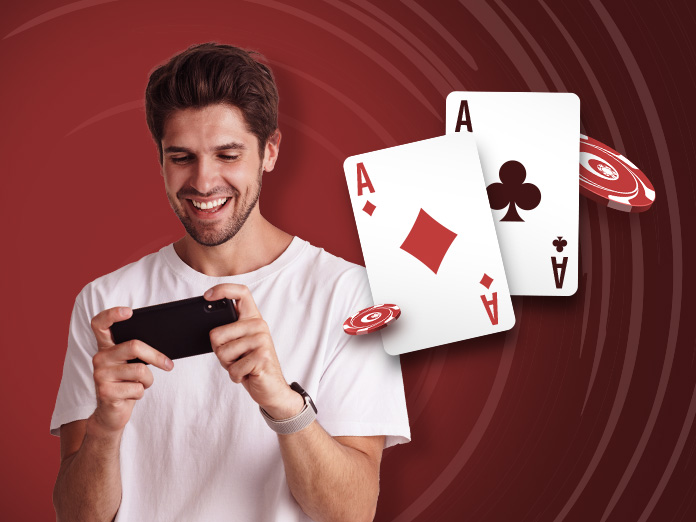Poker has long interested both players and psychologists, not only as a game of skill, but also as a one-of-a-kind way to study how human intuition and logical cognition work together and against each other. Every hand is a new test of our brains, whether we play at home or online in the fast-paced world of poker. In this article, we will look at what poker can teach us about how to balance our gut feelings with our ability to make rational decisions, and how you can use these lessons in your own game.
Difference Between Intuition and Logic
Poker players use math and logic to make smart judgments, such as figuring out pot odds, assessing risks against rewards, and making decisions that are statistically sound. While intuition is that “gut feeling” – an innate response that comes from experience and the ability to see patterns in the subconscious. People utilize it a lot when they are under pressure or don’t have a lot of information.
Why Are Both Important?
In poker, you don’t always have all the information you need. You can’t be sure what cards your opponents have; therefore you have to make decisions without knowing for sure. Based on facts and possibilities, logic helps you choose the optimal move. When you need to recognize a bluff, figure out what unclear signals mean, or make a critical decision quickly, your gut feeling comes into play.
How Experience Affects Intuition
One important thing to know about poker psychology is that intuition isn’t simply accidental or magic; it’s typically the consequence of a lot of information and experience with poker situations. Experienced players build up a mental “library” of patterns that let them swiftly pick up on little hints and make judgments that appear natural.
How Rational Thought Works in Poker
For success, particularly for novice players, it is important to think logically. Use your logic to figure out the odds and the expected value. When emotions are strong, stick to your “A-game” by following set plans. Good online poker use rationality to stop themselves from making risky actions that their gut may tell them to do.
Finding the Right Balance
The best players recognize that intuition and logic work together, not against each other. Logic is the base, while intuition helps you deal with people and things that are hard to foresee at the table. When making tough poker choices, such as challenging river calls or clever bluffs, you frequently need both.
Avoiding Common Mistakes
Be careful of making judgments based on feelings and “magical thinking.”
- If you rely too much on your gut feelings, you can chase setbacks or ignore the odds.
- If you just use reasoning and don’t change your mind, you can miss psychological movements from opponents who are paying attention.
- Take small pauses to clear your head. Thinking things over helps you avoid making hasty judgments and keeps errors based on emotions to a minimum.
Conclusion
Poker is more than simply a card game; it’s a constantly changing way to make decisions when you don’t know what’s going to happen next, using both gut feelings and logical reasoning. You will learn to trust your gut more the more you play, but always back it up with good reasons. If you want your PokerCircle game to become better, you need to find balance.

